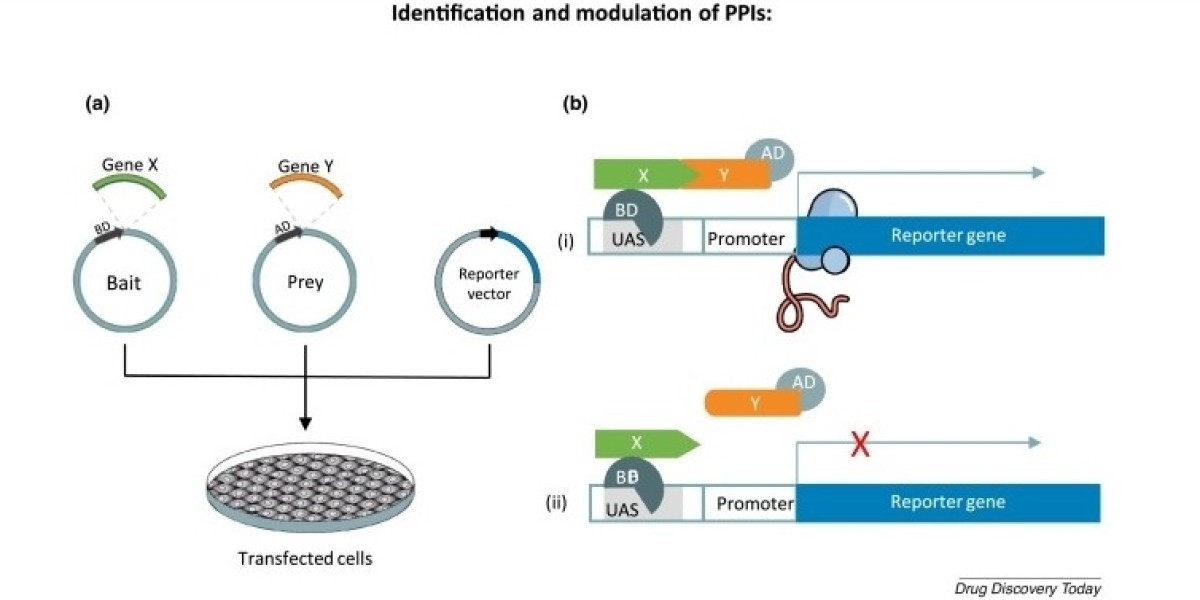Yes, it is possible to apply to South Korean universities without knowing Korean. In recent years, South Korea has actively internationalized its higher education system, offering numerous programs in English and attracting students from all over the world. While many programs, especially at top institutions, are still conducted in Korean, there are plenty of opportunities for non-Korean-speaking students to pursue undergraduate, graduate, and research degrees in South Korea. Here’s a look at how you can apply to South Korean universities without knowing Korean, including some key factors, tips, and considerations for making the most of an English-only application.
1. English-Taught Programs
Many South Korean universities, especially top-tier institutions, now offer a variety of English-taught programs. These are designed specifically to cater to international students and cover a broad range of disciplines, including business, engineering, international studies, and science. Prominent universities like Seoul National University, Korea University, and Yonsei University, among others, provide such programs at both the undergraduate and graduate levels.
Examples of English-taught programs:
- Undergraduate and Graduate Business Programs: English-taught programs in business are common, as they cater to international students aiming to gain insights into South Korea’s global business environment.
- STEM Fields: Some institutions offer English-taught courses in engineering, computer science, biotechnology, and other scientific fields. English is widely used in technical disciplines, making it easier for international students to join these programs.
- International Relations and Korean Studies: Some universities offer programs in English related to Korean culture, language, and international studies, attracting students interested in East Asia and global diplomacy.
2. Language Requirements for English-Taught Programs
Even if you don’t need to know Korean, you’ll usually need to demonstrate proficiency in English. For most English-taught programs, universities require either IELTS or TOEFL scores as proof of your English language skills. Typical requirements include:
- IELTS: Scores between 5.5 and 6.5 for undergraduate programs, and 6.0 to 7.0 for graduate programs.
- TOEFL: Scores ranging from 70-80 for undergraduate studies and up to 90 or higher for graduate studies.
Some universities may waive this requirement if you are from a country where English is the primary language or if you have completed previous education in English.
3. Admission Process and Requirements
For English-taught programs, the admission process is similar to other international universities, but it’s essential to review specific requirements for each institution. Generally, you will need:
- High School or Undergraduate Transcripts: Universities assess your academic record to ensure it meets their standards.
- Personal Statement or Essay: In this, you can explain why you want to study in South Korea and why you’re interested in that specific program.
- Letters of Recommendation: These are usually from academic or professional references and help universities evaluate your skills and potential.
Some programs may also require an interview, which is often conducted in English to ensure you’re a good fit.
4. Scholarships for Non-Korean Speakers
Scholarships are available for international students studying in South Korea, with some scholarships specifically aimed at students enrolled in English-taught programs. The Korean Government Scholarship Program (KGSP) is a popular option, covering tuition, airfare, and living expenses. Many universities also offer their own merit-based or need-based scholarships to international students, so it’s worth exploring financial support options when applying.
5. Learning Korean During Your Studies
While it’s possible to complete your degree in South Korea without knowing Korean, learning the language can greatly enhance your experience. Many universities offer free or discounted Korean language courses to international students, and some even have mandatory Korean classes to help you adapt. Knowing basic Korean can be beneficial for day-to-day life, and it can help you connect with local students, explore the culture, and potentially enhance your career prospects in South Korea post-graduation.
6. Student Life and Cultural Immersion
One of the most rewarding aspects of studying in South Korea is experiencing the culture firsthand. Even if you don’t know Korean initially, many universities have international student support services, buddy programs, and events to help you acclimate. South Korea is known for its welcoming environment, and universities often organize cultural activities and tours that let you explore famous historical sites, experience traditional Korean festivals, and learn about Korean customs.
7. Career Opportunities and Post-Study Work
Learning Korean, even at a basic level, can open more doors for internships, networking, and part-time job opportunities in South Korea. English-speaking graduates often find opportunities in multinational companies, teaching, research, and technology fields. Some programs even offer internships with industry partners as part of the curriculum, which can provide valuable experience in your field of study.
Conclusion
In summary, you can apply and study in South Korean universities without knowing Korean, thanks to a wide array of English-taught programs designed for international students. English proficiency is usually required, and while Korean is not essential for these programs, learning the language can significantly enhance your time in South Korea. By choosing the right program, meeting the language requirements, and making the most of cultural immersion, you can have a fulfilling academic and personal experience in South Korea, even without prior knowledge of the Korean language.



